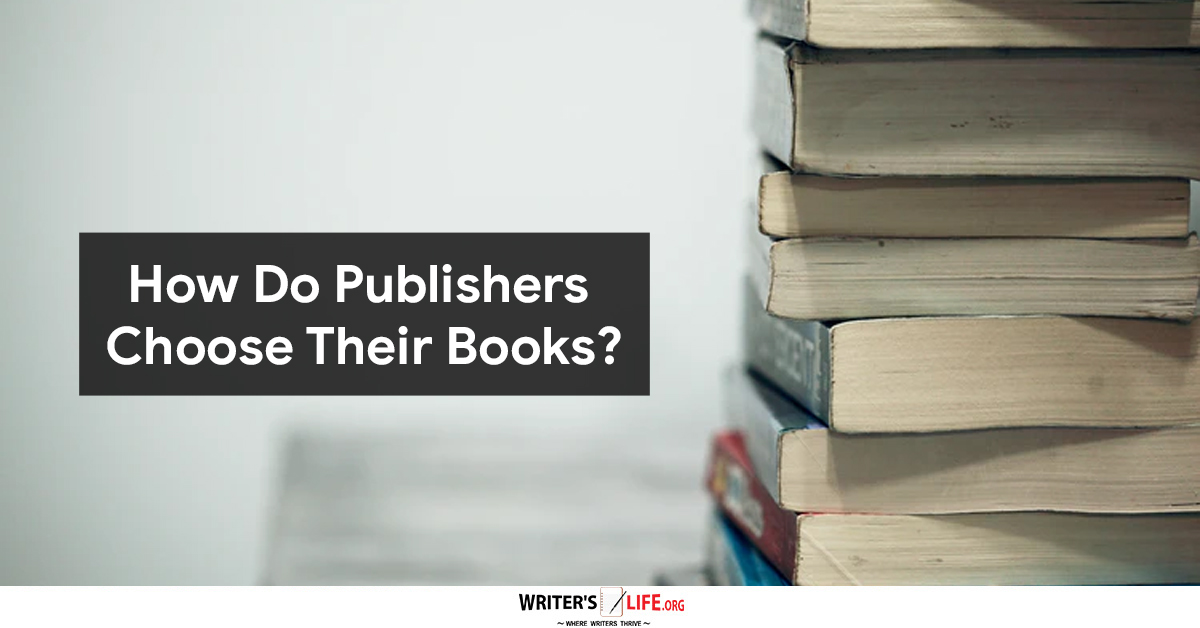- How To Tackle Jealousy In Creative Writing
- Common Submission Mistakes
- How To Stop Your Blog Becoming Boring
- The One Thing Every Successful Writer Has In Common
- How To Make Yourself Aware Of Publishing Scams
- Why Almost ALL Writers Make These Grammar Mistakes At Some Point
- 5 Tips For Authors On How To Deal With Rejection
- Top Mistakes to Avoid When Writing a Novel
- How to Avoid Common New Writer Mistakes
- 10 Mistakes New Fiction Writers Make
How Publishers Choose Their Books

If you are wondering how publishers choose their books this blog will give you some idea of what they are looking for!
When you send your book off to publishers, you should feel confident that you have done everything you can. You will have undoubtedly slaved for months crafting your story, editing, and polishing it to perfection. You will have spent time researching the list of publishers and agents that are the best fit for your work. Hopefully, you'll have also made sure you created a compelling query letter and perfected your pitch.
However, will understanding what it takes for a publisher to take a chance on a new author's novel help? Will it give you an edge to ensure you deliver your work in a way that grabs their attention?
Every time a publisher takes on a new book, it's like setting up a new start-up business. It's a gamble, an investment, and a risk. The publisher is betting that the book will earn them more than it costs them to market. More than it costs to create a cover, print copies, and so on. They'll want to make sure they receive a profit. So they have to be pretty confident that the book will sell.
How publishers choose their books - what are they searching for?
Publishers ask two primary questions to decide whether any book is worth the risk: how much should we invest, and how much will we profit?
To answer these questions, the publisher has lots of formulas and projections that they apply to any given publication. They have to use educated guesswork based on past experiences, and insights into trends and historical figures and forecasts. They consider how much it will cost to print the book, how many copies are likely to sell, how many will be returned, the advance paid to the author, the list price, the print costs, and the marketing budget.
Some numbers can be worked out through data analysis; others are considered estimates, but lots are just guesses based on what little information is available.
Gut instinct and a bit of luck!
The truth is, a lot of the decision-making process comes down to having a good gut instinct. Lots of books fail, and it is the practice of the industry to read a manuscript and get a 'feeling' that it will be well received.
While a profit and loss spreadsheet may help to indicate whether a book will make money, it can be wildly inaccurate. Without a crystal ball, publishers can't see whether any particular novel will suddenly take off
For the majority of novels, most sales will be made within 90 days. Some continue to sell steadily over time, but for many, that's it—three months to make an impression.
When taking into consideration the expenses that publishers must undertake to get a book out there, think editor, copyeditor, proofreader, cover designer, and more, it's no wonder that they only bother to publish a few titles each year.
How publishers choose their books isn't always going to guarantee them success. Book publishers often accept that some of their decisions will be wrong and that they may lose their books. They hold out for that one novel whose sales far outstrip the predictions to keep their business profitable. A single massive success means that some bad bets don't really matter.
Are advances a factor?
Lots of authors who sign publishing deals are given an advance, and the reality is that that's all the money they ever see. If their book sales don't cover the advance given, they never receive any royalties. Independent presses are now offering much smaller advances to publishers hoping that the sales might exceed expectations, and both the author and publishing house make a good profit because of it.
Therefore, the best thing writers can do is take the time to research what individual publishers and editors list as their interests and look at the books they have publisher before. This will give them the best insight into whether their novel is likely to appeal, and if it does, it just might be the one they take a chance on.
So now you know how publishers choose their books, why not learn more about how to overcome your publishing fears?






























